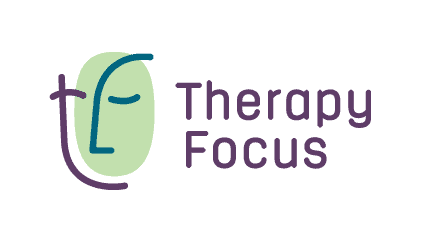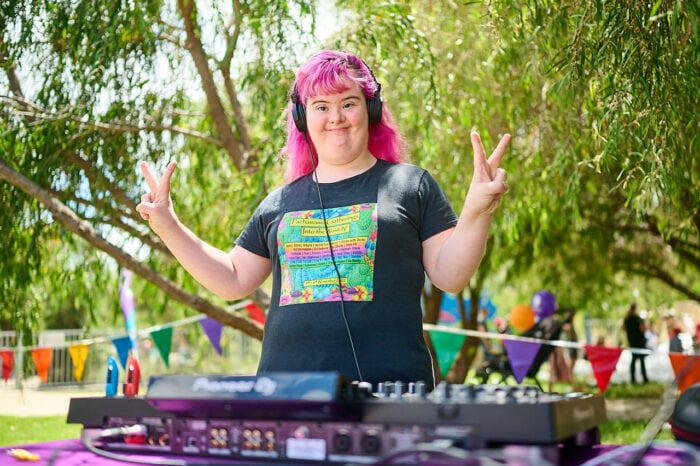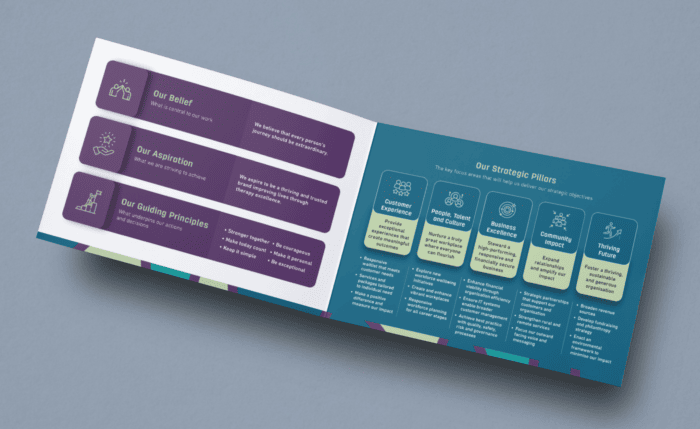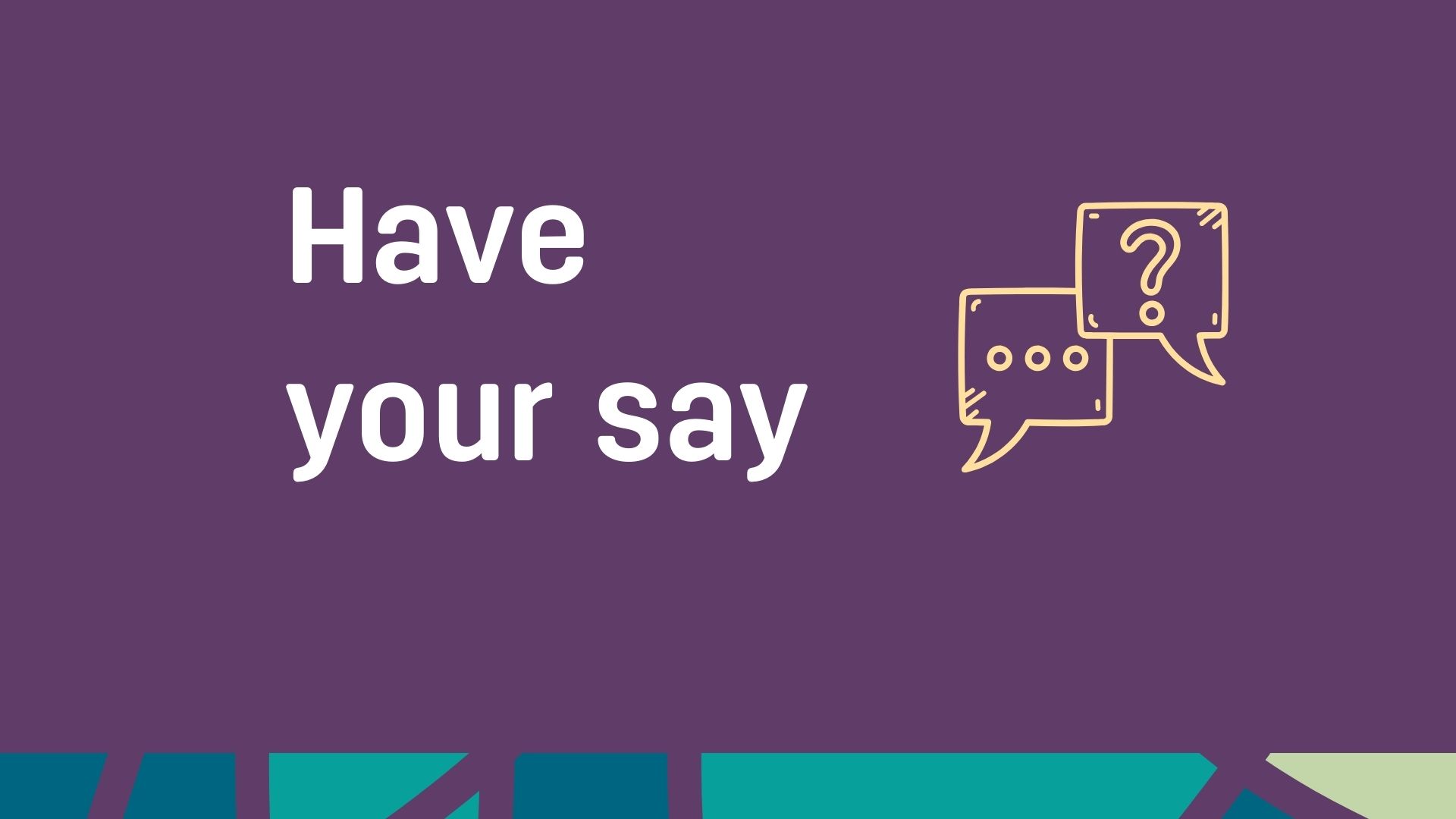Managing Stress
Stress is something that almost everyone has experienced during a time in their life, often for a multitude of reasons and at varying life-stages.
Stress can occur when things change, or something happens that is out of our control. This has a knock-on effect on our emotional and physical wellbeing and can have both short-term and long-term consequences for our wellbeing.
What is Stress?
Stress is a normal reaction to the pressures and expectations of life. It is our body’s way of reacting to a challenge or stressor and respond in an appropriate physical and emotional way to be able to tackle that problem. In this way stress can be very useful – maybe it motivates us to study for that exam coming up, or the adrenalin rush our body needs to quickly avoid danger. Stress can also help us deal with new or challenging situations, keep our body working on a long day, or stop us from falling asleep if we need to stay alert.
These short-term spikes in stress can be very helpful to our survival, but when stress is sustained over a long time it can accumulate and leave you feeling overwhelmed, exhausted, burnt out, and can sometimes lead to breakdown if not addressed.
A number of things can be causing our stress, including:
- University, TAFE or school commitments
- Relationships in our personal or private lives, including relationship problems, divorce, death of a loved one, or child-raising
- Workplace relationships, dissatisfaction at work, or unrealistic expectations
- Financial hardship or stressors, including moving or buying a home, change in salary, or unexpected expenses
- Large-scale events outside your control, like abuse, traumas, or natural disasters
- Personal thought patterns, such as limiting beliefs, people-pleasing, or fearing failure
Symptoms of Stress
The warning signs for stress can be felt all through our body, brain, and personal life, and everyone’s symptoms may differ. Some symptoms that could indicate stress include:
- Feeling overwhelmed, burnt out, exhausted, or irritable
- Headaches, jaw clenching, or dizziness
- Tightness on chest, or racing heartbeat
- Lowered immune system
- Decreased libido
- Feelings of depression, anxiety, worry, sadness, or panic attacks
- Drinking more alcohol than you usually would
- Using drugs or smoking
- Increased gambling
- Overeating or restrictive eating, and weight loss or gain
- Stomach problems or complaints
- Problems with memory, concentration, and judgement
- Poor physical coordination, or an increase in bumping into things
- Increased minor accidents or ‘silly mistakes’ – you might say you “just weren’t thinking”
Stress Management Tips & Resources
There are lots of different ways that people manage their stress, and what works for you might not work for someone else. Managing stress can mean working preventatively to reduce our future experience of stress, as well as strategies to reduce acute feelings of stress when they come up too. Some strategies that might work include:
- Take a break from what you’re doing if it is stressful
- Remember to exercise
- Eat healthy foods
- Make time for hobbies or things you enjoy
- Aim for 8 hours sleep a night
- Try deep breathing, or count backwards from 100
- Practice mindfulness or meditation exercises
- Write a gratitude list
- Slow down and prioritise your needs
- Try not to worry about things outside your control
- Learn to say ‘no’ to things you are too busy for or do not align with your stress reduction goals
You can talk to your GP, psychologist, or counsellor about stress management. Therapy Focus offers counselling services to help you with stress. You can experience private and confidential meetings delivered in your preferred method, such as face-to-face or over the phone.
There are also plenty of useful apps, including:
- Smiling Mind – Daily guided mindfulness exercises for all ages
- Calm – Mindfulness app great for sleep, meditation, and relaxation
- Colorfy – Adult digital colouring book for stress reduction and creativity
- Shine – Meditation, podcasts, audio library, and community forum for women of colour to address stresses and anxieties specific to their community
- Breathwrk – Breathing exercises to help calm you down if you’re feeling stressed or anxious
- AntiStress Anxiety Relief Game – Digital fidget cube great for stress relief and distraction
- Mello – App designed to address stuck, repetitive thinking.
Connect with a Therapy Focus Counsellor today by calling 1300 135 373 or apply for services online.
Psychology Services
Our Psychologists and Counsellors support people who experience social, emotional and mental health difficulties.





















